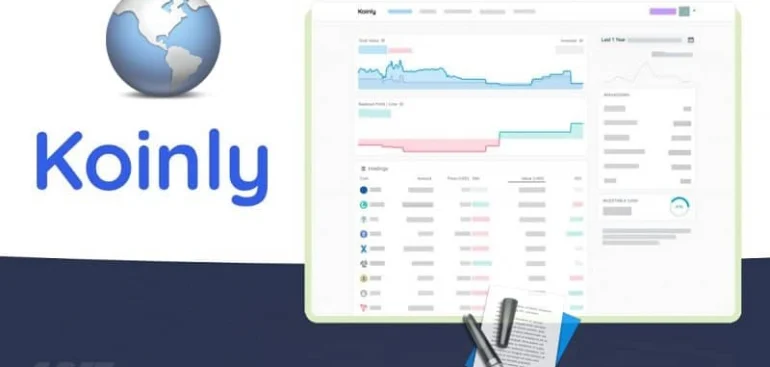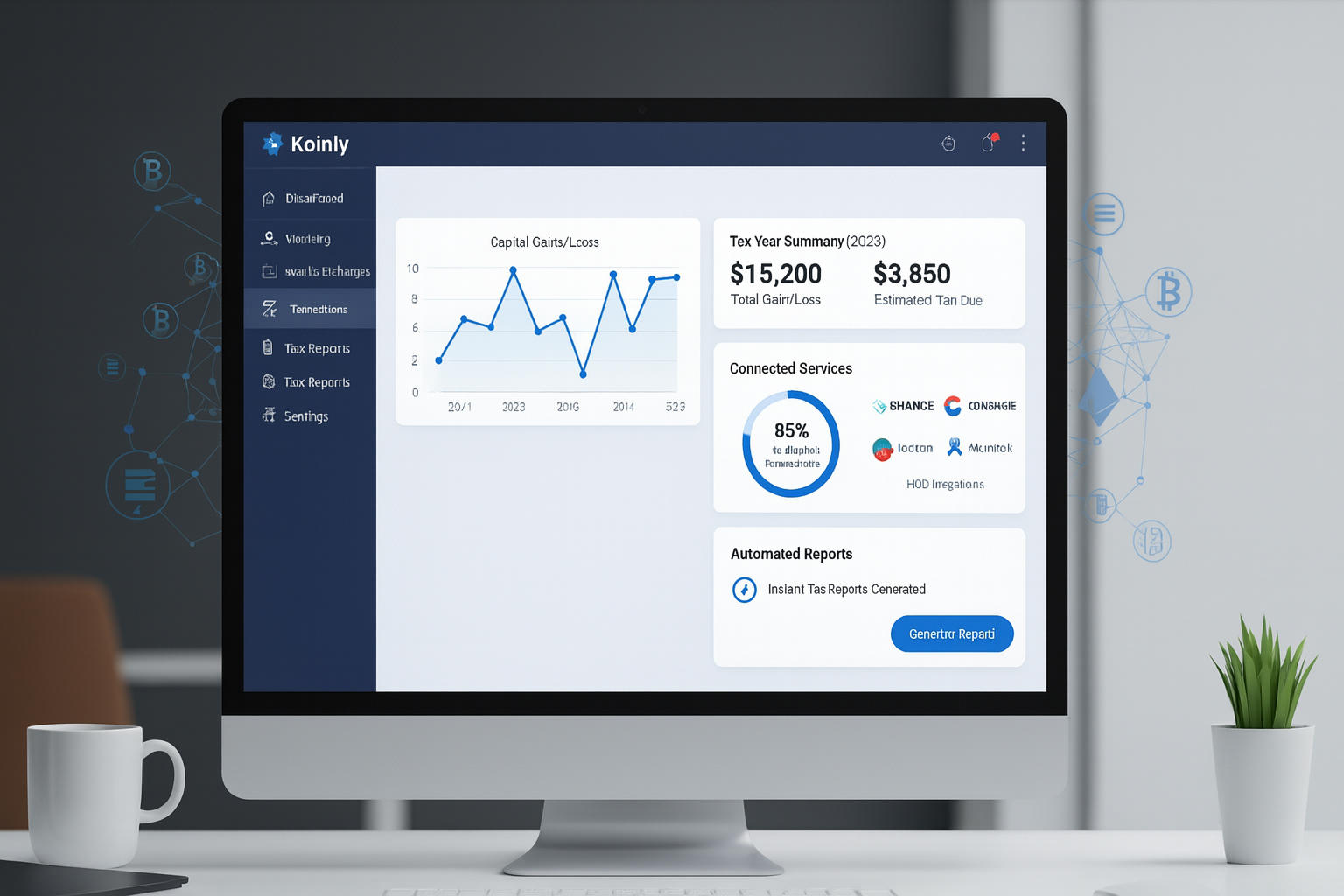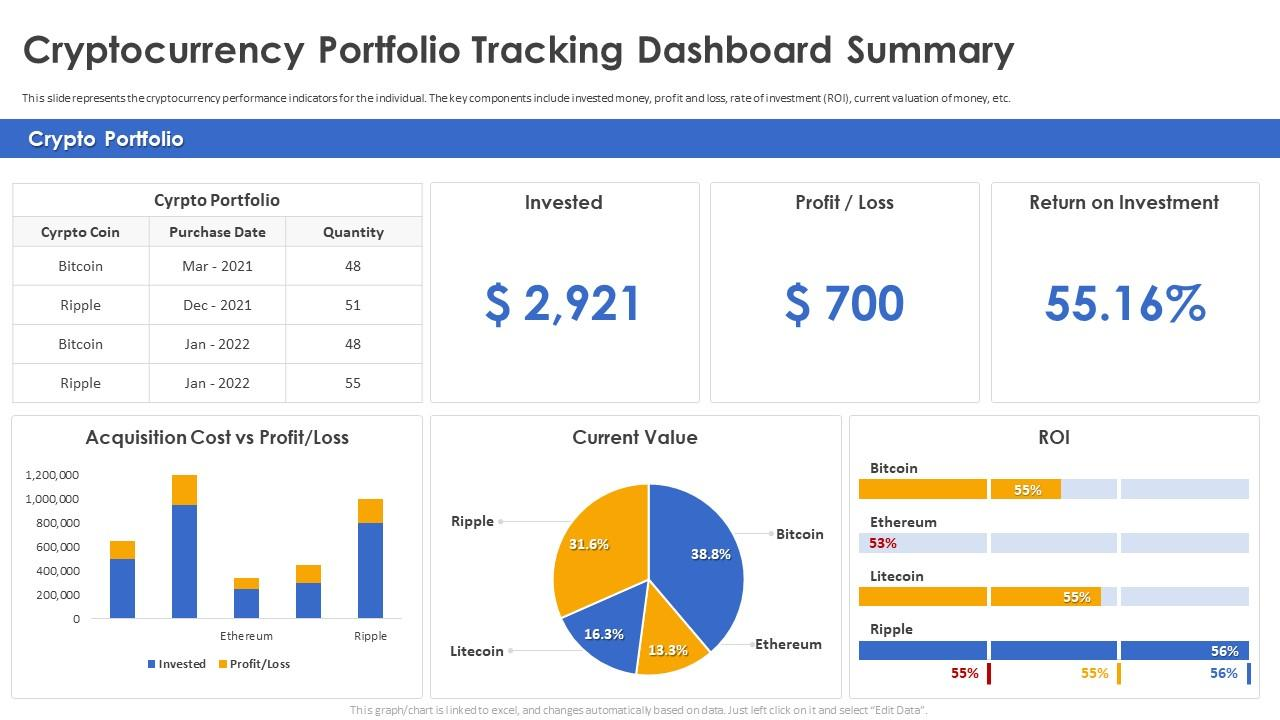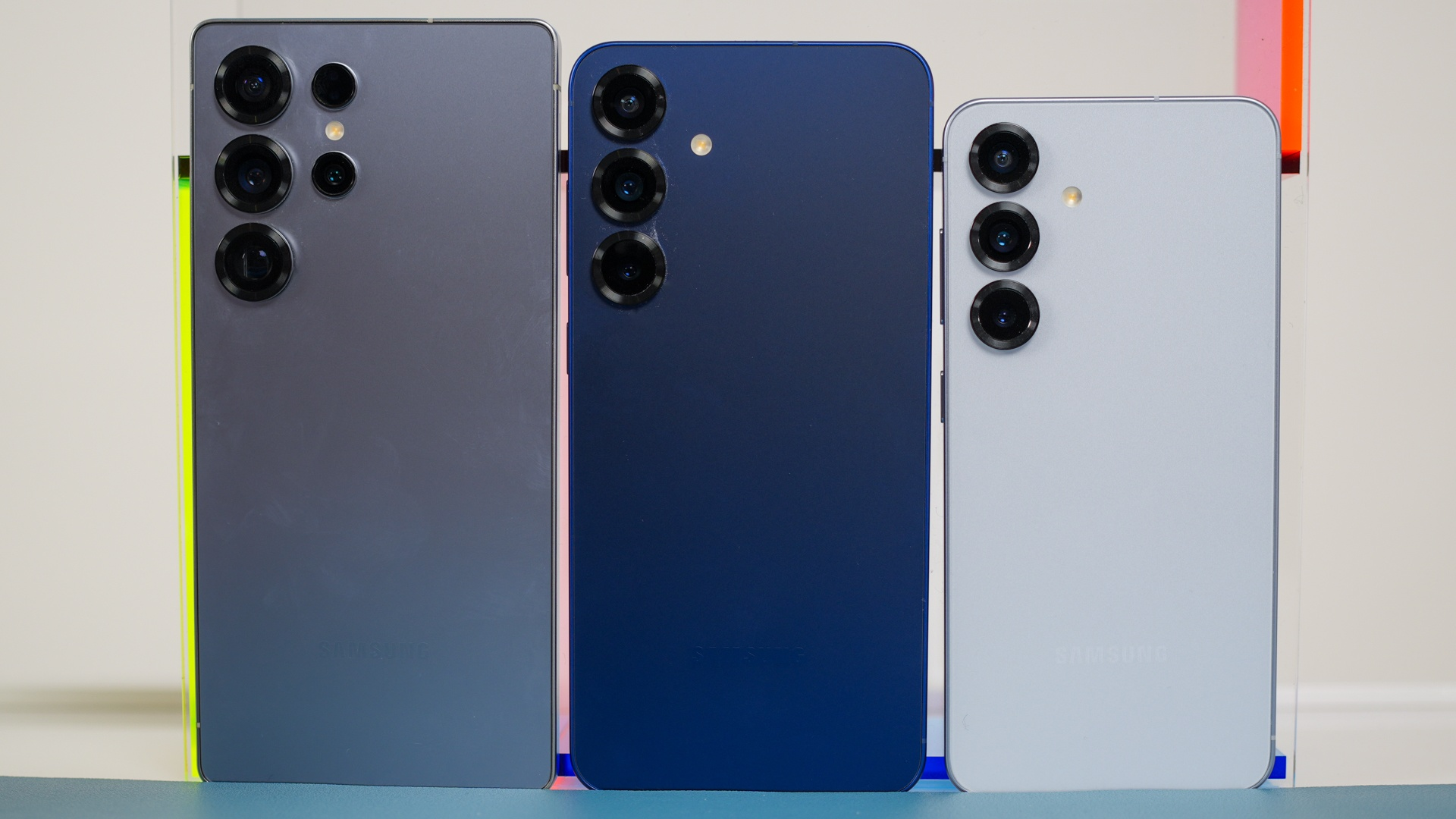Koinly is a kind of crypto tax tool. With its help, we can automatically collect all crypto transactions and calculate them easily. This is going to be very useful for you.When you do manual work and collect your transactions, etc, then you get a lot of confusion and stress, but with the help of this tool, you can buy, sell, and trade your crypto without any tension and with a free mind. You don’t have to do any manual work. You don’t get confused about anything in this. Just connect your wallets and exchanges, and this tool will track everything else on its own.
Why Use Koinly:
This is such a great tool that it offers you a lot of everything. Koinly offers everything to crypto users in one place. It has a cellar system for all taxes and portfolios. This tool automatically collects all your data so that you don’t have to do anything manually. This tool automatically imports data from your exchanges, wallets, and blockchains, so you don’t have to calculate anything manually. It smartly tracks every buy, sell, and transaction you make. It also tells you all your profits and losses instantly. Now you can think for yourself how useful this is for you.
Reliable Tax Calculations:
This tool automatically checks all your transactions and gives you accurate tax calculations. Its biggest advantage is that there are no errors of any kind in the calculations. You don’t need to calculate anything manually; Coinly tracks and calculates everything itself. Its system uses absolutely accurate data, giving you 100% accurate reports. This makes your tax filing easy and fast. It calculates your crypto taxes with perfect accuracy, giving you tension-free filing.
Advanced Portfolio Tracking:
Koinly offers a portfolio tracking feature. Its advantage is that it gives you an ultra-clear view of your entire crypto world. Don’t mistake it for normal tracking, as it’s powerful monitoring. This gives traders an edge. You can view every coin’s profit, loss, market movement, and overall performance in a single, clean dashboard. This turns your portfolio into a laser-focused strategy by removing all uncertainty. Simply put, it tracks your entire crypto portfolio in turbo mode. This gives you complete control, without wasting any time.
Clear Dashboard:
This tool’s most powerful feature is this one. Koinly’s clear dashboard gives you a super simple and clean overview of your crypto taxes and portfolio. Everything is so clear that there’s no room for confusion. Simply put, its dashboard makes your crypto life clean, sorted, and stress-free. The biggest power of this dashboard is its instant clarity. It’s straightforward information that helps you make fast decisions.
Conclusion:
This tool is very useful and there is no cost involved, there is one important thing about it that you should know more. Through it, you can save your time and complete your confusing tasks very easily. Koinly is no less than a boon for crypto users. I am saying this because it not only saves time but also maintains the record of your every buy, sell, and transfer. This tool completes all your heavy tasks in a simple way. You simply connect your exchange or wallet, and Coinly organizes all the data in a clean format and gives you accurate tax reports. Simply put, it transforms tax processing from complicated to simple and from slow to fast.












